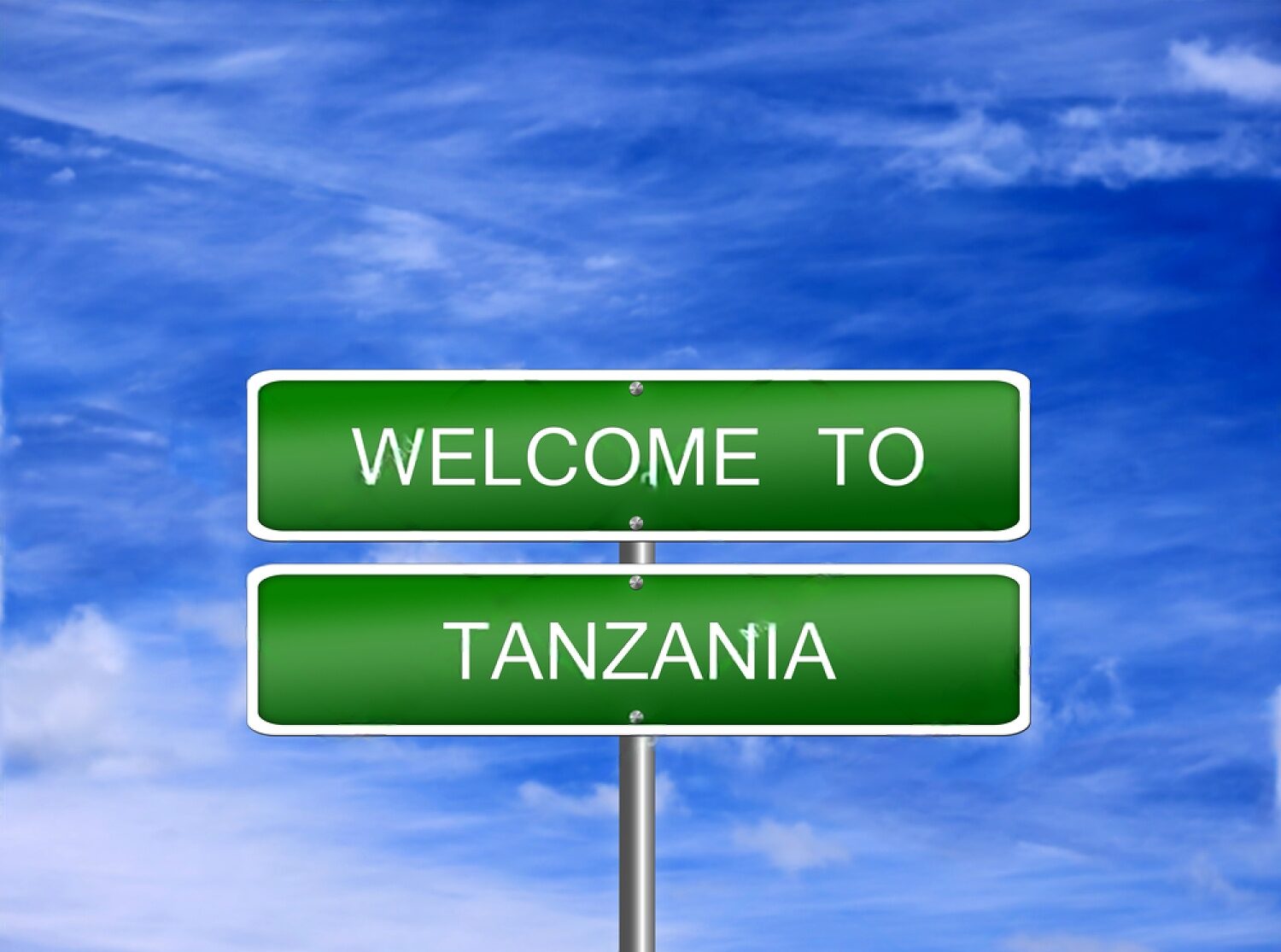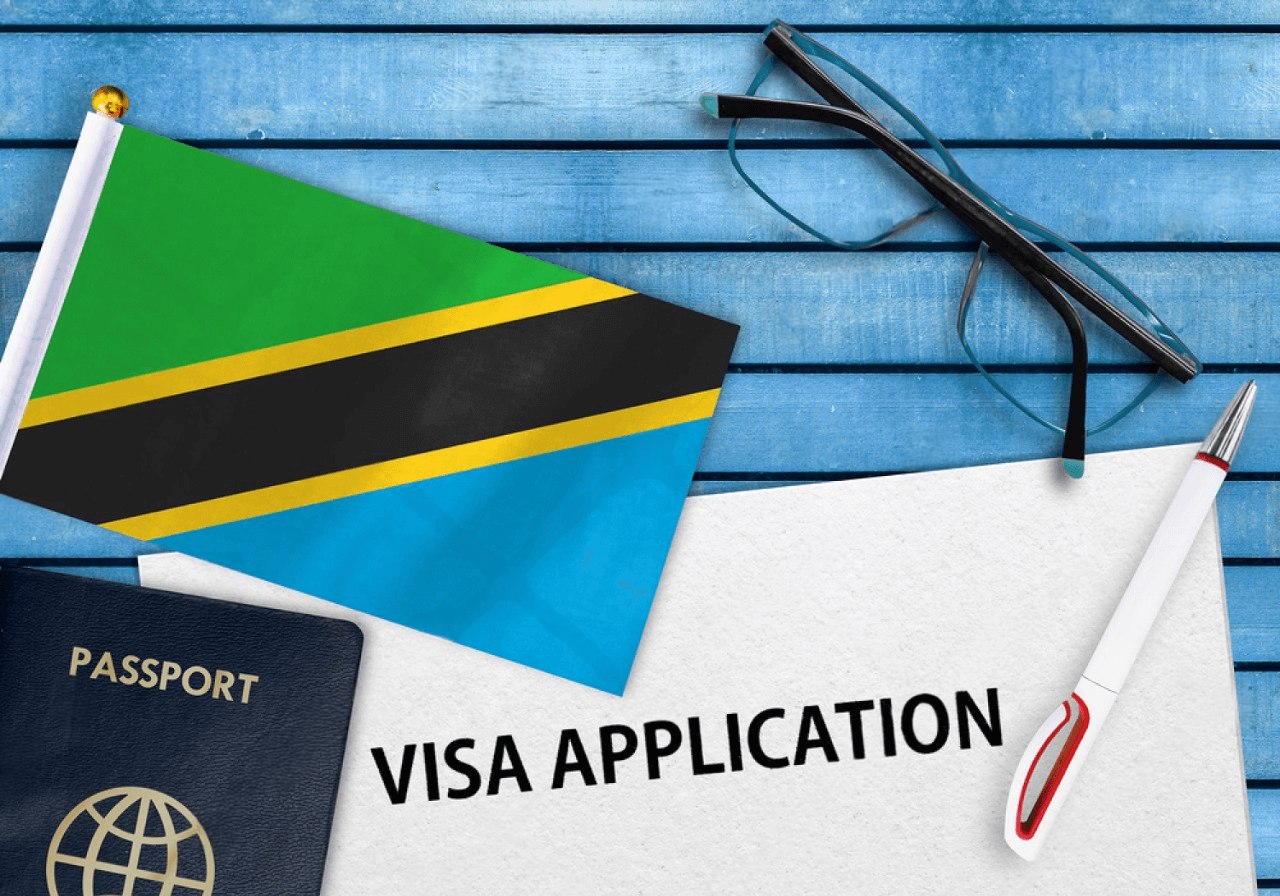Do I Need a Visa for Tanzania Travel?
Tanzania, with its famed Serengeti National Park, stunning Zanzibar beaches, and rich cultural heritage, is a dream destination for many travelers. Before booking your safari adventure or planning a relaxing holiday on the Indian Ocean, it’s crucial to understand the visa requirements for Tanzania. This comprehensive guide answers the question, “Do I need a visa for Tanzania?”, and covers everything you need to know to ensure a smooth journey.
Who Needs a Visa to Enter Tanzania?
Tanzania requires a visa for most foreign nationals except citizens of a select few countries. Travelers from countries in the East African Community (EAC) and certain Commonwealth countries may be exempt from the visa requirement. However, citizens from North America, Europe, Asia, Australia, and many African countries must obtain a visa before entry or on arrival.
Visa-Exempt Countries
Here are some examples of countries whose nationals do NOT need a visa for short stays in Tanzania: Kenya, Uganda, Rwanda,Burundi,Zimbabwe, Namibia,Hong Kong,Malaysia and Singapore.
Note: Visa exemptions generally apply for visits up to 90 days. For longer stays or other purposes, a visa will be required.
Travelers Require a Visa
For most travelers—including those from the USA, Canada, EU countries, Australia, and many Asian nations—a visa is mandatory. Tanzania’s visa policy is straightforward, and the process has become even easier with the introduction of the e-visa system.
Countries That MUST Obtain a Referral Visa
Some nationalities cannot get a visa on arrival or online. Instead, they need special clearance (Referral Visa) from Tanzanian authorities before traveling. Examples include: Afghanistan, Bangladesh, Chad, Pakistan, Nigeria, Sri Lanka, Syria, Yemen. Refer to the official Tanzania Immigration website for a full and updated list.
If you’re a citizen of one of these countries, you’ll need to apply for a Referral Visa by seeking prior approval from the Commissioner-General of Immigration in Tanzania. This process is more involved than the standard visa application and can take some time—travelers are strongly advised to apply at least three months before their intended arrival date. Approval is not guaranteed, so avoid booking flights or accommodation until you’ve received confirmation from Tanzanian authorities.
A complete and current list of nations that require Referral Visas (including Nigeria, Senegal, Somalia, Sierra Leone, Afghanistan, Azerbaijan, Bangladesh, Chad, Djibouti, Eritrea, Equatorial Guinea, Iran, Iraq, Mali, Mauritania, Pakistan, and Sri Lanka) is available on the Immigration Services Department website. Always check for updates before making travel plans.

Types of Tanzanian Visa
Tanzania offers several types of visas based on your purpose of visit. Choosing the right one is essential for a smooth entry.
- Ordinary Visa (Single Entry Visa): This is the most common Tanzania visa type for tourists and business visitors. It allows; Single entry, Valid for 90 days ,For tourism, holidays, family visits, study (short-term), attending conferences, or humanitarian activities
-
Multiple Entry Visa: Intended for frequent travelers, especially those who need to enter Tanzania several times within a year. You can apply for this visa if you have business links, family, or government assignments in Tanzania. Multiple entries, Valid for 1 year, Each stay cannot exceed 90 days.
This visa is particularly useful for travelers planning multiple trips—such as those on a Tanzania wildlife safari that crosses into neighboring countries like Kenya or Rwanda. The multiple entry visa costs $100 USD and is most commonly issued to US citizens, though travelers from other countries may apply if they provide a clear justification for needing repeated entry (such as overland travel to and from Tanzania).
-
Transit Visa: If you’re transiting through Tanzania to another destination and need to leave the airport or stay up to 7 days, you must obtain a transit visa. This visa is ideal if your plans involve a short stopover in Tanzania before continuing on to a neighboring country such as Kenya, Rwanda, or Uganda. The transit visa fee is $30, and it allows for a maximum stay of seven days.
To qualify, you may be asked to provide proof of your onward travel—such as a visa or flight ticket for your next destination after Tanzania. This ensures you’re genuinely in transit and not using this visa class for an extended visit.
- Student Visa: For students who plan to study in Tanzania for a defined period. Supporting documents from the Tanzanian educational institution are required.
- Business Visa: Business visas are for short-term work, meetings, or professional assignments lasting up to 90 days.
- Gratis Visa: Diplomats and government officials may be eligible for a gratis (free) visa based on reciprocal agreements.

How To Apply for a Tanzania Visa
There are three main ways to apply for a Tanzania visa in 2024. The process you choose may depend on your nationality, convenience, and travel plans.
1. E-Visa (Online Visa Application)
Tanzania’s official e-visa system is the most convenient method for most tourists and business travelers. You can apply from anywhere in the world.
How to Apply for a Tanzania E-Visa:
-
Go to the Official Portal: Tanzania Immigration Department’s e-visa website
- Create an Account: Register using your email address.
- Fill in the Application: Provide travel details, passport information, and upload required documents (photo, passport copy, flight tickets, hotel bookings).
- Pay the Visa Fee: Use secure online payment options (Visa, MasterCard, etc.).
- Track and Download: Wait for online approval via email (often within 10 working days). Processing times can vary, so it’s wise to allow up to ten days for your Tanzanian visa application to be reviewed and approved. Be sure to submit your application well in advance of your intended travel date to avoid any last-minute stress.
- Tip: Apply for the e-visa at least 4 weeks before your trip.
Important Steps and Tips:
- Always complete your e-visa application through the official Tanzania Immigration website. Avoid third-party services, and never share your passport details with unofficial sites.
- After you start your application, you’ll receive an application number. Save this number—take a photo, a screenshot, or jot it down somewhere safe. You’ll need it to continue your application if you don’t finish it in one sitting, or to check your progress later.
- You can log back in using your email address and application number by selecting “Continue Application” on the portal if you need to finish your submission.
- To check the status of your visa, use the “Visa Status” tab on the website. This feature will show if your application has been received, is in processing, or approved.
Once your application is approved, print all confirmation pages and keep them safe. You’ll present your printed e-visa approval upon arrival in Tanzania, and your official visa sticker will be placed in your passport at passport control.
2. Visa on Arrival
Most nationalities who are not on the Referral Visa list can obtain a visa on arrival at major entry points:
- Julius Nyerere International Airport (Dar es Salaam)
- Kilimanjaro International Airport
- Abeid Amani Karume International Airport (Zanzibar)
- Border crossings (e.g. Namanga)
Process:
- Join the visa-on-arrival queue
- Fill out the arrival card
- Pay the visa fee (USD cash preferred)
- Receive visa stamp in your passport
Note: Queues can be long and processing slower than with the e-visa. We recommend applying online when possible.
3. Embassy or Consulate Application
If you prefer, or if your nationality requires a referral visa, you may apply in person at a Tanzanian embassy or consulate in your home country. It’s advisable if you need a multiple-entry visa or for long-term stays.

Documents Required for a Tanzanian Visa
You will need the following for most tourist or business visa applications:
- Valid Passport: At least 6 months validity from your planned date of entry
- Recent Passport-Size Photo
- Completed Visa Application Form (online or paper)
- Travel Itinerary: Flight bookings or travel plans
- Proof of Accommodation: Hotel or guesthouse bookings, or invitation letter from your Tanzanian host
- Visa Fee Payment
- Supporting Documents: For business, student, or other specific visas (invitation letters, work permits, etc.)
Additional documents may be requested based on your nationality or special circumstances.

How Much Does a Tanzania Visa Cost ?
Visa fees depend on the type of visa and applicant’s nationality. Here are the typical costs:
- Single Entry (E-visa or Visa on Arrival): $50 USD
- Multiple Entry Visa: $100 USD
- Transit Visa: $30 USD
- Business Visa: $250 USD
Note: Some countries (e.g., USA) are required to apply for multiple entry visas only, which cost $100 USD. All fees are payable in US dollars. It is recommended to carry clean notes if paying on arrival.
Things to Consider Before You Travel
Understanding and preparing your visa ensures smooth entry into Tanzania. Here are additional tips:
- Check the Latest Requirements: Tanzania’s visa policies can change with little notice—especially in the wake of global events like health crises. Always cross-verify current entry requirements with the official Tanzania immigration website close to your travel date.
- Passport Validity: Most airlines will not allow you to board if your passport has less than 6 months validity beyond your intended departure date from Tanzania. Make sure your passport is up to date. Tanzanian authorities also require that your passport be valid for at least six months from your date of entry.
- Visa Validity: Standard visas are typically valid for three months from the date of issuance, so plan your travel dates accordingly.
- Proof of Return or Onward Travel: Immigration officers may ask to see proof of a return ticket (or onward travel) and sufficient funds to cover your stay. Documentation of your return ticket may be required at both the visa application stage and upon arrival.
- Yellow Fever Certificate: If you are arriving from a country with risk of yellow fever transmission, you must present a valid yellow fever vaccination certificate upon entry.
- Multiple-Entry Visa Justification: If you are not a US citizen and wish to apply for a multiple-entry visa (for example, to travel overland to Kenya or other neighboring countries), you must provide a justification for your request in your application. Your passport should also have at least six months’ validity beyond your date of entry, and you’ll need to submit a passport photo and documentation of your return ticket.
- Possible Additional Requests: Immigration authorities may request additional supporting documents—such as a security bond or evidence of future travel plans—especially in special or complex cases.
- Arrival Process: When arriving at a Tanzanian airport or land border, you may be directed to an emergency visa checkpoint. Don’t be alarmed—this is simply where visa-on-arrival applications are processed. Expect potentially long lines, and be prepared to show confirmation of your finances and future travel plans if asked.
Taking a few extra steps before you travel can help you avoid surprises at the border and start your Tanzanian adventure off right

FAQs: Tanzania Visa Questions Answered
Ready to Book your Tanzania Safari?
Our team of Tanzanian Safari Experts has more than 15 years of firsthand experience and knowledge in traveling Tanzania. Contact us now to create the perfect tailor-made itinerary that fulfills all your preferences and requirements. Read our TripAdvisor Reviews

